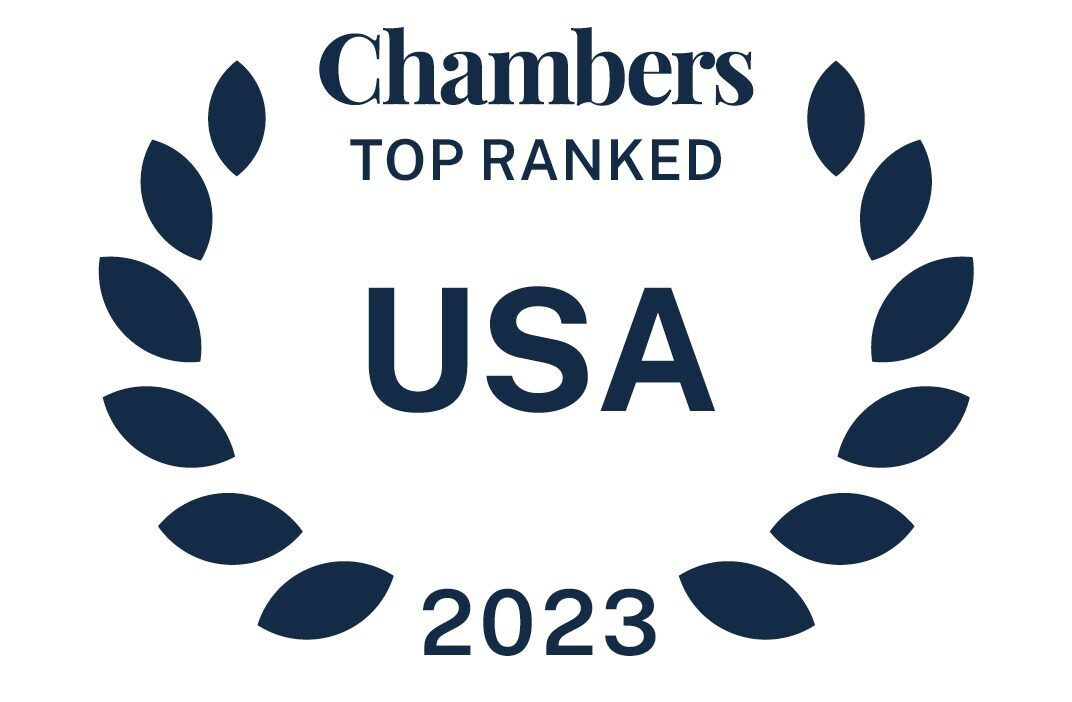Trending in Telehealth highlights monthly state legislative and regulatory developments that impact the healthcare providers, telehealth and digital health companies, pharmacists and technology companies that deliver and facilitate the delivery of virtual care.
Trending in April:
• Teledentistry
• Prescription and drug dispensing and monitoring
• Remote monitoring
A CLOSER LOOK
Proposed Legislation & Rulemaking:
- Georgia HB 567, which would authorize and regulate teledentistry, successfully passed both chambers of the legislature. The bill specifies that a dentist must have a physical office in the state, maintain relationships with in-person referral dentists, and ensure that teledentistry services adhere to existing standards for patient care, including privacy and consent requirements.
- Arkansas HB 1429 would allow interpreting physicians to be available via telecommunication instead of requiring their physical presence onsite for diagnostic mammography procedures. The bill has cleared the House and the Senate.
- Hawaii HB 302 received approval from both the House and the Senate. The bill would repeal the requirement for an in-person provider-patient relationship and permit applicants or primary caregivers to temporarily purchase medical cannabis after submitting the applicant’s certification form.
- Passing in a second chamber, Indiana SB 473 would enable prescription of agonist opioids through telehealth services, without an in-person visit, for the treatment or management of opioid dependence.
- Arizona SB 1335, which would mandate the director of the Arizona Health Care Cost Containment System to provide an annual report on teledentistry, passed in a second chamber.
- Montana HB 806 passed in a second chamber. The bill would revise laws related to nutritionists and dietitians, including incorporating the provision of services via telehealth into the definition of “practice of nutrition.”
Finalized Legislation & Rulemaking Activity:
- Indiana HB 1572 was signed into law and goes into effect July 1, 2025. This law adds speech-language pathology assistants to the definition of “practitioner” for telehealth purposes, specifies services included in “audiology,” and allows the sale and use of over-the-counter hearing aids without fitting by a registered hearing aid dealer or licensed audiologist.
- North Dakota’s SB 2353 was signed into law and goes into effect on August 1, 2025. It allows certified community behavioral health clinics to provide telemedicine consultations for mental health and substance use disorder treatments.
- Expanding telehealth services, Virginia SB 1367 was signed into law and goes into effect July 1, 2025. This law allows remote patient monitoring for pregnant and postpartum individuals, ensuring broader access to telehealth monitoring beyond high-risk pregnancies.
- Wyoming adopted regulation 7211 as an emergency rule on April 3, 2025. The rule enhances telehealth services within the state by allowing healthcare providers licensed in other states to offer telehealth services to patients in Wyoming without needing a Wyoming license, provided they notify the appropriate licensing board and meet certain conditions.
- Ohio’s SB 95 went into effect on April [...]
Continue Reading
read more


 Subscribe
Subscribe

